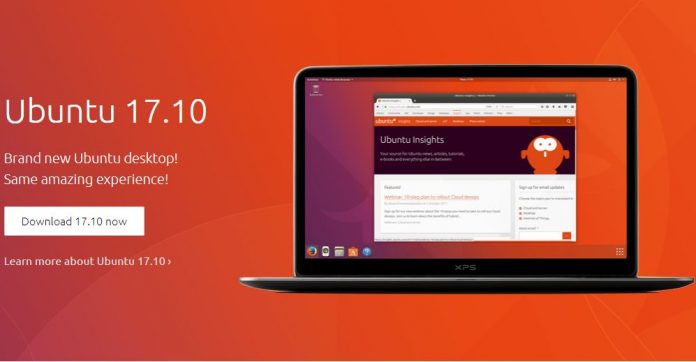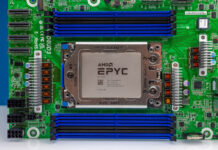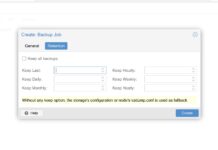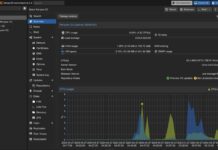Today we have the release of Ubuntu 17.10 Artful Aardvark. At STH, we use Ubuntu daily so each release is important for note. We know many of our readers use Ubuntu (and LTS releases) but Ubuntu 17.10 is important for that group as well. It is the last shorter-term support release before Ubuntu 18.04 in April 2018. That means that much of what we see in 17.10 will make its way into 18.04 and testing using 17.10 can be a good way to test new features.
Ubuntu 17.10 Changes
With Ubuntu 17.10 we get some cool changes. Perhaps the least sexy is the change to Linux Kernel 4.13. That will bring better driver support to the Ubuntu ecosystem. Next, and perhaps most exciting, is that Ubuntu is ditching the swap partition. Instead, it is now a file.
Along with the new updates, Canonical’s Distribution of Kubernetes supports the latest Kubernetes 1.8 series. One will also notice that Ubuntu is phasing out Python 2. With Ubuntu 17.10, Python 2 is no longer installed by default. Instead, Python 3 (3.6) is the default version. There are breaking changes between 2 and 3 so this is something that admins need to take note of.
Beyond these features, many existing features have been updated. On the networking side we see things like DPDK (v 17.05.2) and Open vSwitch (v2.8) getting updates. For virtualization and containers, we see qemu (v2.10), libvirt (v3.6) and LXD (v2.18) updated in Artful Aardvark. LXD 2.18 did get a very interesting feature as it now has native Ceph RBD pool support. Cloud-init (v17.1) saw an update as well as a number of other tools.
There is nothing earth-shattering in the new version, but if you want a newer kernel with newer platforms, this is interesting. On the other hand, many servers will not reboot between today’s release and the next LTS release in April.
Ubuntu 17.10 Desktop
We wanted to take a second to talk about the Ubuntu 17.10 desktop for a moment. We have many readers who use Ubuntu on the desktop and it is extremely useful for applications such as setting up the NVIDIA Jetson TX2 development platform. We have finally seen Ubuntu leave Unity behind and swap to GNOME. Desktops are a personal preference so some will surely miss Unity (and others are cheering its demise.) Here is the video from Ubuntu showing the change:
The swap to GNOME 3.26.1 is significant because it means that Canonical can focus energies elsewhere.
Final Words
While it is exciting to see the new OS launched, Ubuntu 17.10 is only set to be supported through July 2018 or 9 months. For desktop users, that is plenty of time before upgrading to the next LTS release. For servers, Ubuntu 16.04.3 LTS may be a better option this time around unless you need the kernel support. Of course, it is time to fire up those VMs and start testing!





It is also worth pointing out that 17.04 will still ship with the outdated ZFS 0.6.11 release (patched to support the supposedly “unsexy” Linux 4.13). It seems that while initially Ubuntu planned to improve their support of ZFS (even going as far as bulidng their Kernel with ZFS integrated) this has effort has somewhat died down.
Watch out ifupdown package is deprecated and no longer installed by default.
https://wiki.ubuntu.com/ArtfulAardvark/ReleaseNotes